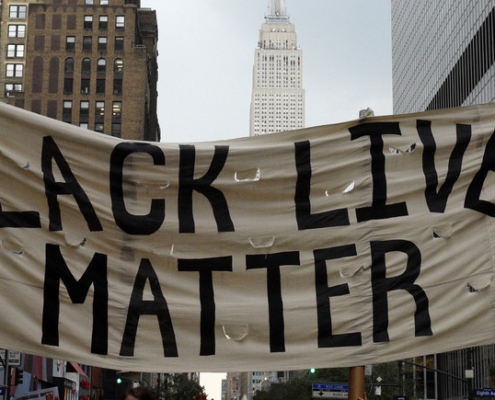
UCLA Division of Social Sciences Statements in Support of Black Lives Matter
The brutal, in-your-face murder of George Floyd by Minneapolis…
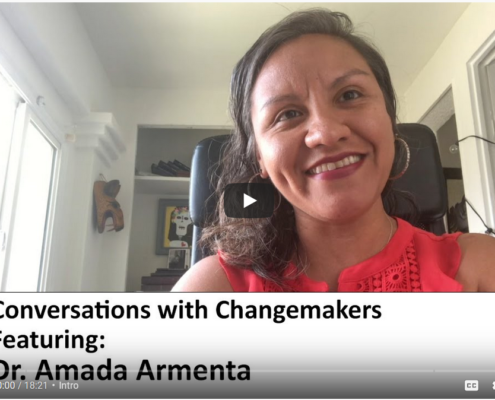
LA Social Science Presents “Conversations with Changemakers” Featuring Dr. Amada Armenta
The current state of relations between multiple arms of law…
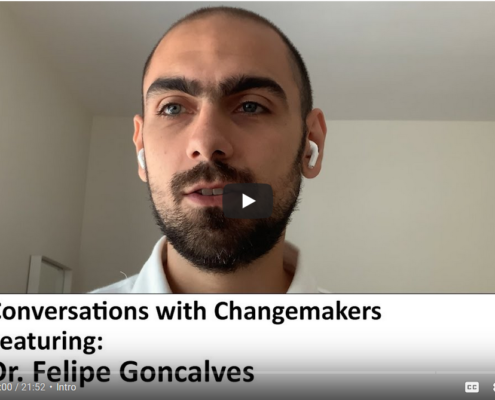
LA Social Science Presents “Conversations with Changemakers” Featuring Dr. Felipe Goncalves
UCLA Assistant Professor Felipe Goncalves in the Department…
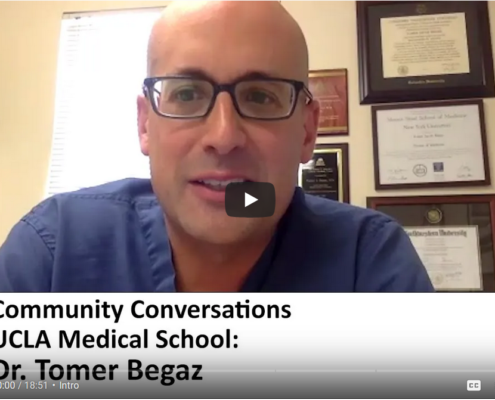
LA Social Science Community Conversations Featuring UCLA Medical School Dr. Tomer Begaz
LA Social Science spoke with Dr. Tomer Begaz, Professor of…
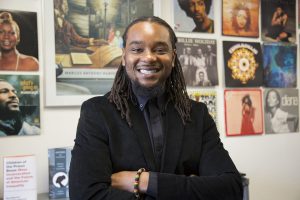
L.A. Times Features Professor Hunter and Prominent L.A. Writers Discussing the City’s Racial Past and Present
In this important piece featured in the Los Angeles Times,…
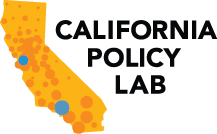
UCLA California Policy Lab’s Latest Policy Brief Highlights the Difficulties CA. Workers Continue to Experience as the Economy Re-Opens
The UCLA California Policy Lab has released their fourth policy…
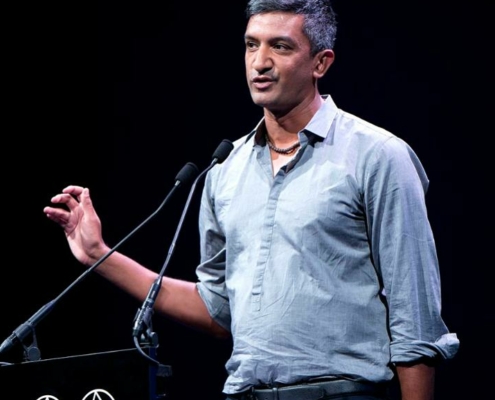
UCLA Professor Srinivasan Advocates for Digital Bill of Rights in CNN Op-Ed
Dr. Ramesh Srinivasan, UCLA Professor of Graduate Studies…
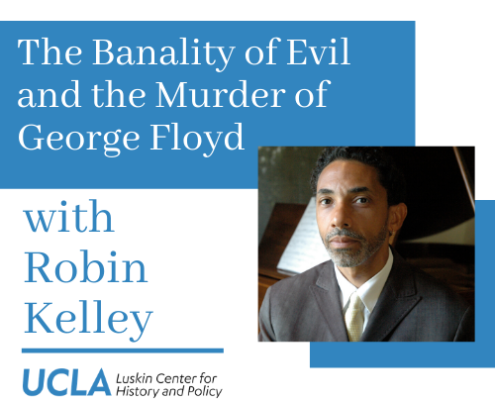
UCLA Podcast “Then & Now” Connects Past to Present with Professor Robin Kelley
UCLA's Luskin Center for History and Policy (LCHP) has continued…
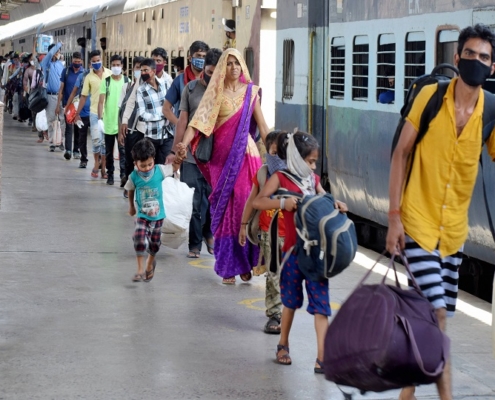
“Be Still And Do Not Move”: The COVID-19 Migrant and the Ministry of the Soul
India's largest media network, ABP Live, recently published…
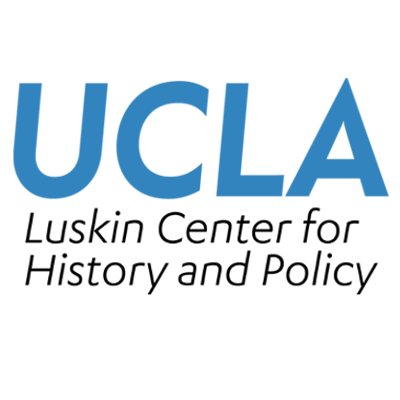
UCLA Luskin Center for History and Policy Releases Report About Latest Scourge of White Nationalism
UCLA's Luskin Center for History and Policy has published…

